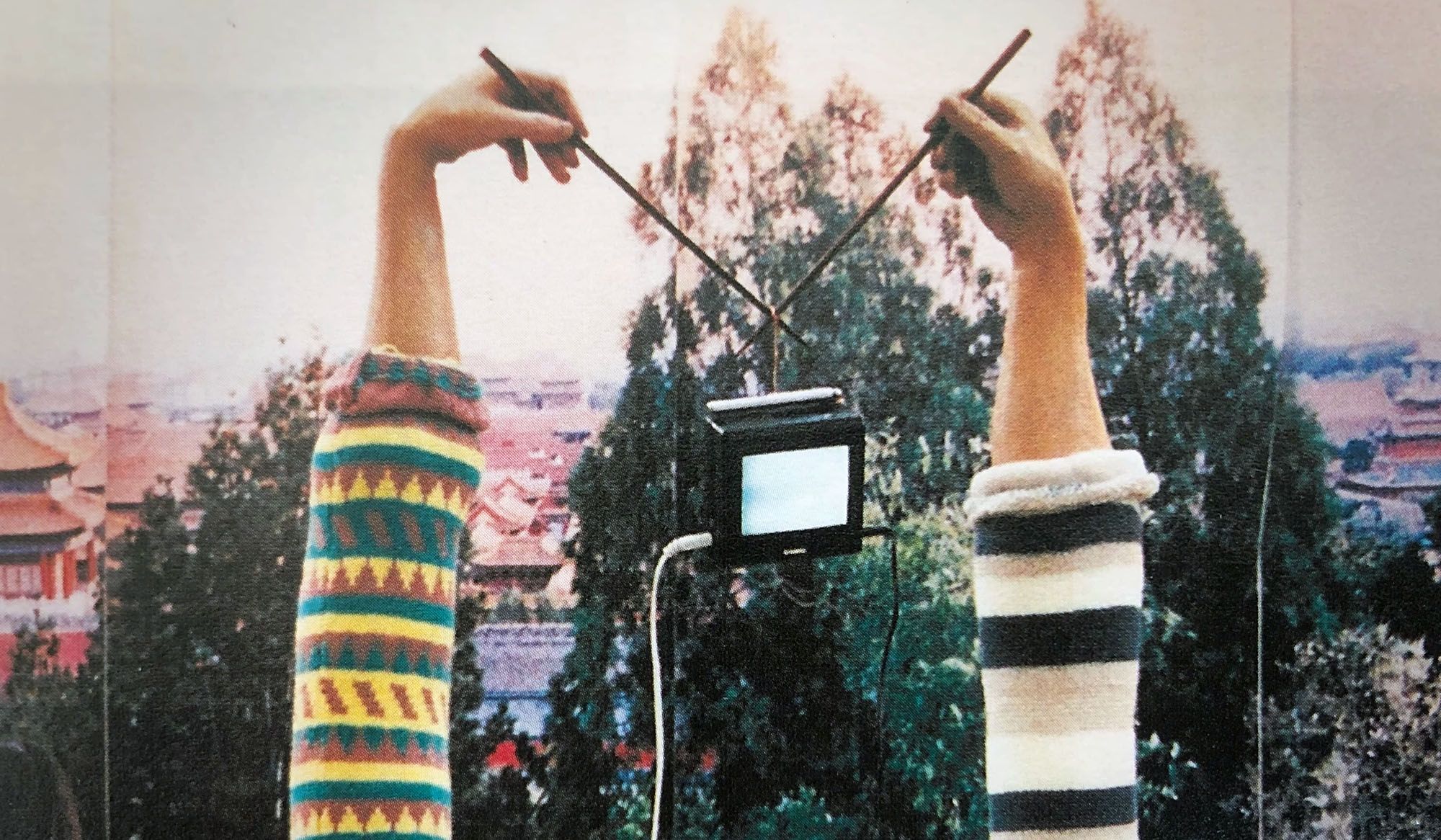Reading
By Dave DeCamp / Antiwar.com The White House is preparing to take unprecedented action to limit US investments in China’s tech sector, POLITICO reported on Tuesday. The action would come in the form of an executive order signed by President Biden that would require American companies to notify the government of new investments in Chinese tech. It […]
The post Biden Preparing Executive Order to Limit US Investments in China appeared first on scheerpost.com.
Leaked U.S. intelligence documents have exposed Western disinformation about Ukraine winning the war. Now the heavy fighting moves to Washington, writes Joe Lauria.
The post Joe Lauria: Leaks Spelling the End for Ukraine appeared first on scheerpost.com.
Why Depleted Uranium Should Have No Place There.
The post Will the West Turn Ukraine Into a Nuclear Battlefield? appeared first on scheerpost.com.
By Conor Smyth / Fairness and Accuracy In Reporting (FAIR) A ban on evictions. Required paid leave. Continuous Medicaid coverage. Free school meals. Emergency SNAP allotments. An extra $600 a week in unemployment benefits. Child tax credit expansion. Thousands in stimulus checks. These measures were part of a suite of policies the US government passed […]
The post NYT Blames US Public for Collapse of Pandemic Safety Net appeared first on scheerpost.com.
Leaked Pentagon documents revealed the US and other NATO members have US special operations forces inside Ukraine.
The post Rep. Gaetz Resolution Would Make Biden Disclose Number of US Troops in Ukraine appeared first on scheerpost.com.
Jeremy Scahill, Murtaza Hussain, and Vanessa Gezari analyze the leaked top-secret Pentagon documents and the Air National Guardsman alleged to have taken them.
The post The Discord Leaker: The Case of the Most Unorthodox National Security Leaks in History appeared first on The Intercept.
These billionaires seem to care more about their bottom lines than fan safety.
The post Baseball’s Owners Have Ball Games Shorter — and Maybe Fan Lives, Too appeared first on scheerpost.com.

- by Addy Dunkley-Smith

- by Psyche Film
People shouldn't be punished for revealing the secrets of the government, governments should be punished for keeping secrets from the people.
The post Free Those Who Expose Government Misdeeds, Jail Those Who Try To Conceal Them appeared first on scheerpost.com.

- by Jordan Fisher Smith
On the eve of Passover 1943 — the nineteenth of April — a group of several hundred poorly armed young Jews began the Warsaw Ghetto Uprising, one of the first insurrections against Nazism. For a small group of fighters, realising — in the lyrical words of one militant — that “dying with arms is more beautiful […]
"I'm looking forward to receiving $46 billion over the next 25 years"
The post Man on Jobseeker Dresses Up As Submarine In Attempt to Get More Government Funding appeared first on The Shovel.
 Analysts have outlined strategies for beating cybercriminals but focused on a more human-centric approach rather than advanced technology. read now...
Analysts have outlined strategies for beating cybercriminals but focused on a more human-centric approach rather than advanced technology. read now...